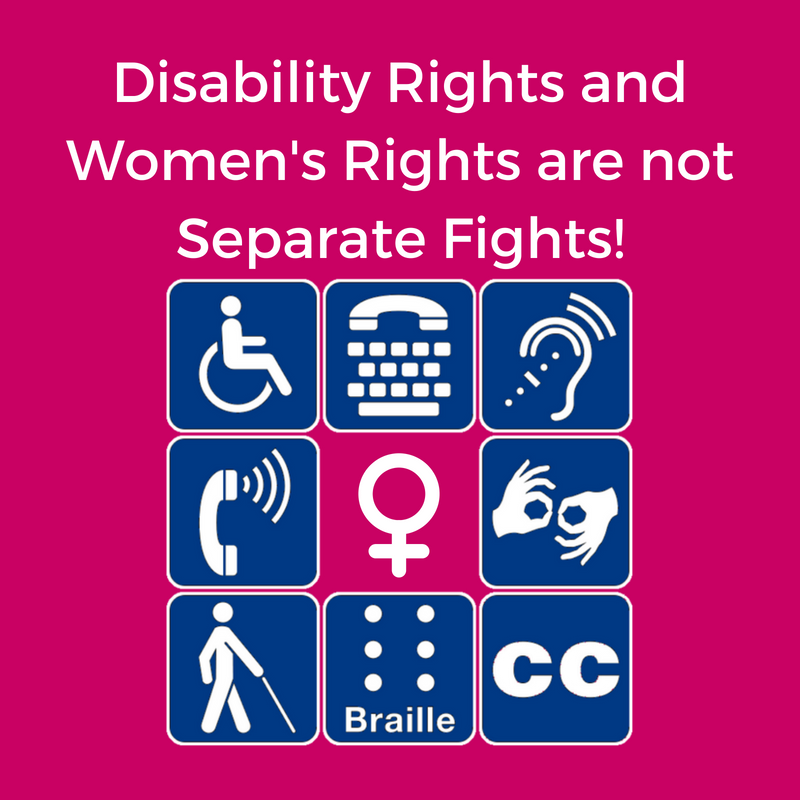Imagine being objectified by men hooting and hollering as you walk past them – all because of your gender. Now, imagine a stranger grabbing your arm and pulling you across an intersection without your consent, simply because you have a disability.
Neither of these scenarios are ever appropriate. Yet, as a woman with a disability, these are both interactions I experience.
I was born with a connective tissue disorder that resulted in blindness. I grew up ashamed of my disability – peers, teachers, and strangers were quick to comment on my blindness. Comments I heard most include:
What happened to you?
You can’t do that; you’re blind.
You’re a liability.
Thus, from an early age, I questioned my ability to contribute to society. I questioned my worth. I felt broken.
Like gender, race, or sexuality, disability is a characteristic – not a flaw. We do not need to be fixed. We have the right to participate fully in society just like everyone else.
Unfortunately, discrimination, inaccessibility, and social barriers are occurrences we face on a daily basis. Growing up, I was denied the services and accommodations I needed to be successful in school and beyond; the public school system prohibited me from learning Braille because I was not “blind enough.” When I was in college, the web interface my college used to submit assignments was not compatible with the magnification program that I use, hindering my ability to independently complete and submit assignments. That is not acceptable. Students with disabilities have the same right to literacy and a quality education as their peers without disabilities.
As a blind woman, I often interact with strangers who think that they know what is in my best interest. When travelling through the city, strangers often ask if I need assistance; however, when I say “no, thank you,” many do not trust that I know what is best for me. Instead of respecting my choice, they grab my arm and pull me across the intersection.
I have the right to autonomy. The right to own my body. The right to make my own choices.
We live in the 21st century, where children are taken away from their parents because of a parent’s disability. People with disabilities continue to face inaccessibility and discrimination in the voting process, preventing us from practicing our constitutional right. To this day, workers with disabilities are not protected by the federal minimum wage, meaning that employers can legally pay workers with disabilities a fraction of what they would pay workers without disabilities.
These are not just disability issues. These are not just women’s issues. These are civil rights issues.
A fourth of all women live with a disability; therefore, disability is a feminist issue. Women are still disenfranchised and denied quality educations, cannot raise their children without the fear of having them taken away, and face employment inequality. Women cannot take ownership of their lives without others questioning them. As feminists, if we believe that it is unacceptable for women without disabilities to face these issues, we must believe that it is unacceptable for women with disabilities to face them as well.

